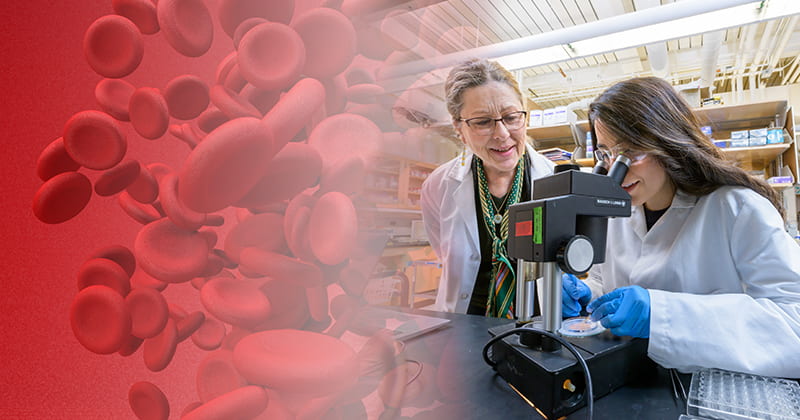The DCMR cartilage research interest group
The DCMR cartilage research interest group unites eight laboratories dedicated to cartilage research and osteoarthritis treatment. Our group is committed to exploring the biomechanics of cartilage and the role of cellular mechanisms in cartilage health and disease. By leveraging innovative methodologies and interdisciplinary collaboration, we aim to foster breakthroughs in understanding and treating cartilage-related disorders.

DCMR Cartilage Research Interest Group
Course Offering:
BMEG867 – Research techniques for preclinical analysis in rodents
Grading: P/F
Instructors: Gwen Talham, Christine Stinger, Millicent Sullivan
Instructor permission required
This course provides hands-on instruction to prepare student researchers to design and perform experiments involving rodent handling and rodent surgery. Key topics include ethics, regulatory considerations, animal protocol design and execution, and drug/medical device approval.
Events

4/17/26 Musculoskeletal Research Symposium
The Delaware Center for Musculoskeletal Research (DCMR) and the Center for Biomechanical Engineering Research (CBER) is inviting you to attend the 2026 Musculoskeletal Research Symposium Friday, April 17, 2026 AUDION AT TOWER UD STAR CAMPUS 100 DISCOVERY BLVD.,...

2/11/26 Biology/DCMR Seminar – Chitra Dahia

2/6/26 MEEG Seminar – Hannah Dailey

10/29/25 Biology/DCMR Seminar – Fanxin Long
News

Faculty Spotlight: Stephanie Cone
Doctoral candidate Andy Smith and professor Karin Grävare Silbernagel assess doctoral student Madeleine Krotine’s ankle strength, as assistant professor Stephanie Cone offers encouragement. Why Achilles tendon injuries resist treatment Article by Hillary...

Faculty Spotlight: Michael Hast
A new grant from the National Institutes of Health is supporting work led by UD mechanical engineer Michael Hast and his graduate students Farzad Abdi and Badhan Saha to improve methods to monitor bone fracture healing. Engineering a clearer view of bone healing...

Faculty Spotlight: Elise Corbin
Congratulations to Dr. Elise Corbin Dr. Corbin, Assistant Professor of Biomedical Engineering at the University of Delaware, was named a 2025 VISTA NextGen Superstar! 💚🌟 Raised in West Chester and now living in Kennett Square, Dr. Corbin is recognized for her work in...

Faculty Spotlight: Velia Fowler
ARCHITECTURE OF CELLS Article by Hilary Douwes Photos by Evan Krape | Photo illustration by Jeffrey C. Chase February 29, 2024 Velia Fowler’s UD lab studies how cell structure can lead to health issues Click here to read the UDaily article.
